Photo Contest Winners

Congratulations to the winner of the 2025 LTER photo contest: Leonardo A. Rivera-Pagan, Luquillo LTER, and Rachael Brenneman, Konza Prairie.

Congratulations to the winner of the 2025 LTER photo contest: Leonardo A. Rivera-Pagan, Luquillo LTER, and Rachael Brenneman, Konza Prairie.
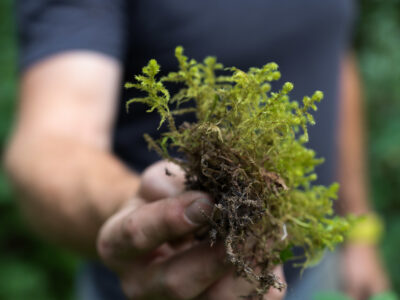
The LTER Network Office is excited to announce that three Scientific Peers Advancing Research Collaborations (SPARC) proposals were funded this year. The three groups will meet in person at the National Center for Ecological Analysis and Synthesis for one week, starting in the fall.
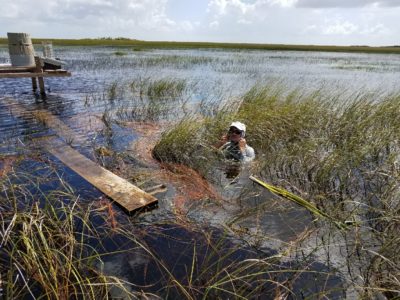
Two separate hurricanes tore through LTER sites this past month—but the Luquillo LTER and Florida Coastal Everglades LTER are mostly intact.
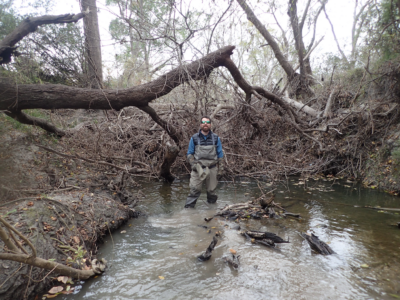
Ecosystems resist devastation from hurricanes by choosing either of two strategies: high resistance or high resilience.

We are excited to share with the broader R community a new collection of 8 data samples geared towards teaching environmental data science!
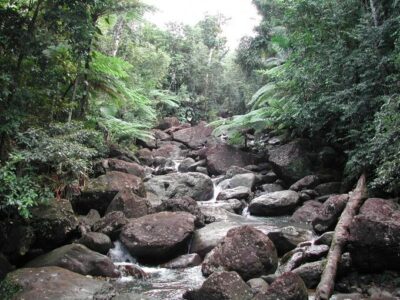
A new global data synthesis of stream chemistry indicates human activities reduce streams ability to retain and transform nutrients.

The world lost a giant of forest conservation with the passing of the USDA International Institute of Tropical Forestry (IITF) emeritus scientist Dr. Frank H. Wadsworth on January 5th, 2022.
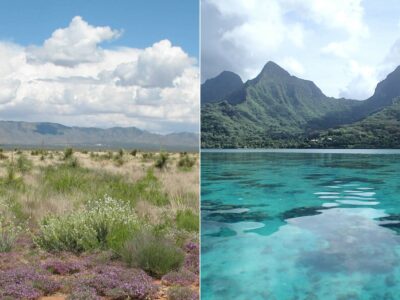
The LTER Synchrony Synthesis group links richness synchrony to ecosystem stability in a new study, showing synchrony is a key control on ecosystem functions.
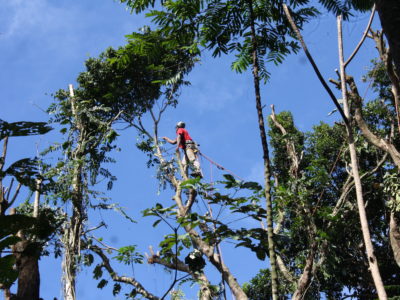
Hurricanes are typically considered destructive and disastrous, with high-speed winds exceeding 75 miles per hour and torrential downpours. These powerful storms can have major impacts on tropical forests, ripping open the forest canopy and causing organic debris to pile up on the forest floor. Despite these seemingly destructive qualities, new research suggests that ecological disturbance… Read more »
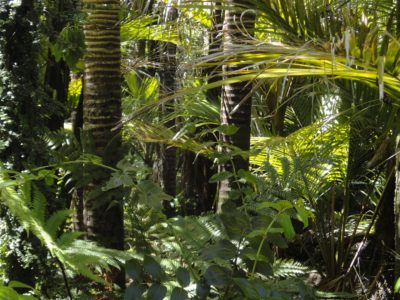
Tropical forests are sometimes referred to as the “lungs of the planet,” and for good reason – the high plant biomass of tropical regions produces a large portion of the oxygen we breathe and absorbs significant amounts of carbon dioxide. Rainfall, nutrient availability, and amount of disturbance (natural or human) a forest experiences can all… Read more »